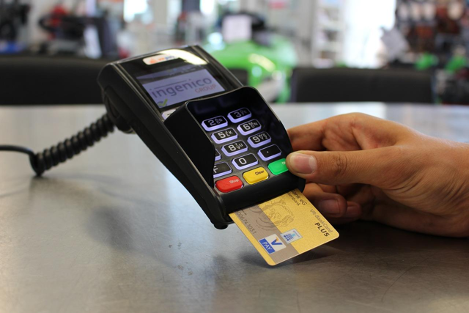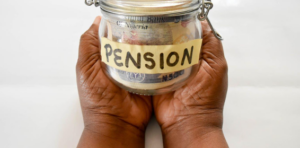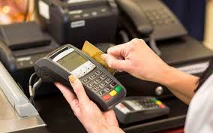Romans 12:2 – And be not conformed to this world: but be ye transformed by the renewing of your mind, that ye may prove what is that good, and acceptable, and perfect, will of God.
It’s interesting the varying viewpoints that are held about credit cards. Just recently, a friend of mine opined from his reading about the benefits of using a credit card for tracking daily expenses, and he was seriously considering that idea.
Credit cards can be a great way to manage your monthly cash flow, earn rewards points, or finance big purchases. However, I am strongly of the view that if you are not a good custodian of money and are a very impulsive spender, maybe this is not such a good idea for you.
When you use credit cards responsibly, you can earn a number of rewards, including airline miles and cashback rewards. As long as you pay your balance in full and on time every month, you can enjoy these perks and avoid costly interest fees. However, research indicates you may end up spending more money with credit cards than you would with cash.
Several studies have indicated that people spend more when paying with a credit card. In 2001, Drazen Prelec and Duncan Simester of MIT published the results of their research in Marketing Letters. They found shoppers spend up to 100% more when using their credit card to pay instead of cash. In one of their studies, they offered participants the opportunity to buy basketball tickets to a desirable game. Those told they could pay by credit card were willing to pay twice as much as those who had to pay in cash.
So, the obvious question is, why are people so interested in this plastic? First, it is simply easier to do so. Let’s say you have $5,000 budgeted for a family dinner; if you only have the $5,000 in cash, you will pay careful attention to what you are ordering to make sure you have enough to pay for the meal and tip. However, if you have a credit card, there is no immediate penalty for overspending, so it’s easier to go over your budget.
Another reason is a phenomenon called “coupling.” When someone buys an item with cash, they immediately know how much that item costs, which can be painful. However, when someone pays with a credit card, there is a period between when they purchase the item and when they have to pay for it, which makes the cost seem less important, according to Psychology Today. Because items purchased with a credit card have been decoupled from emotion, shoppers can focus on the benefits of the purchase instead of the cost. Thus, paying with a credit card makes it more difficult to focus on the cost or complete a more rational cost-benefit analysis.
All in all, if you want to reap the benefits of a credit card without overspending, there are some things you can do. First, force yourself to write down credit card purchases at the end of each day, either on a spreadsheet, in a budgeting app, or with a pen and paper. Instead of seeing the financial damage when your statement arrives, you will be confronting your purchases immediately, which may train you to consider your purchases more carefully. Additionally, keeping track of credit card purchases will also help ensure you have enough cash to pay your entire balance every month.






